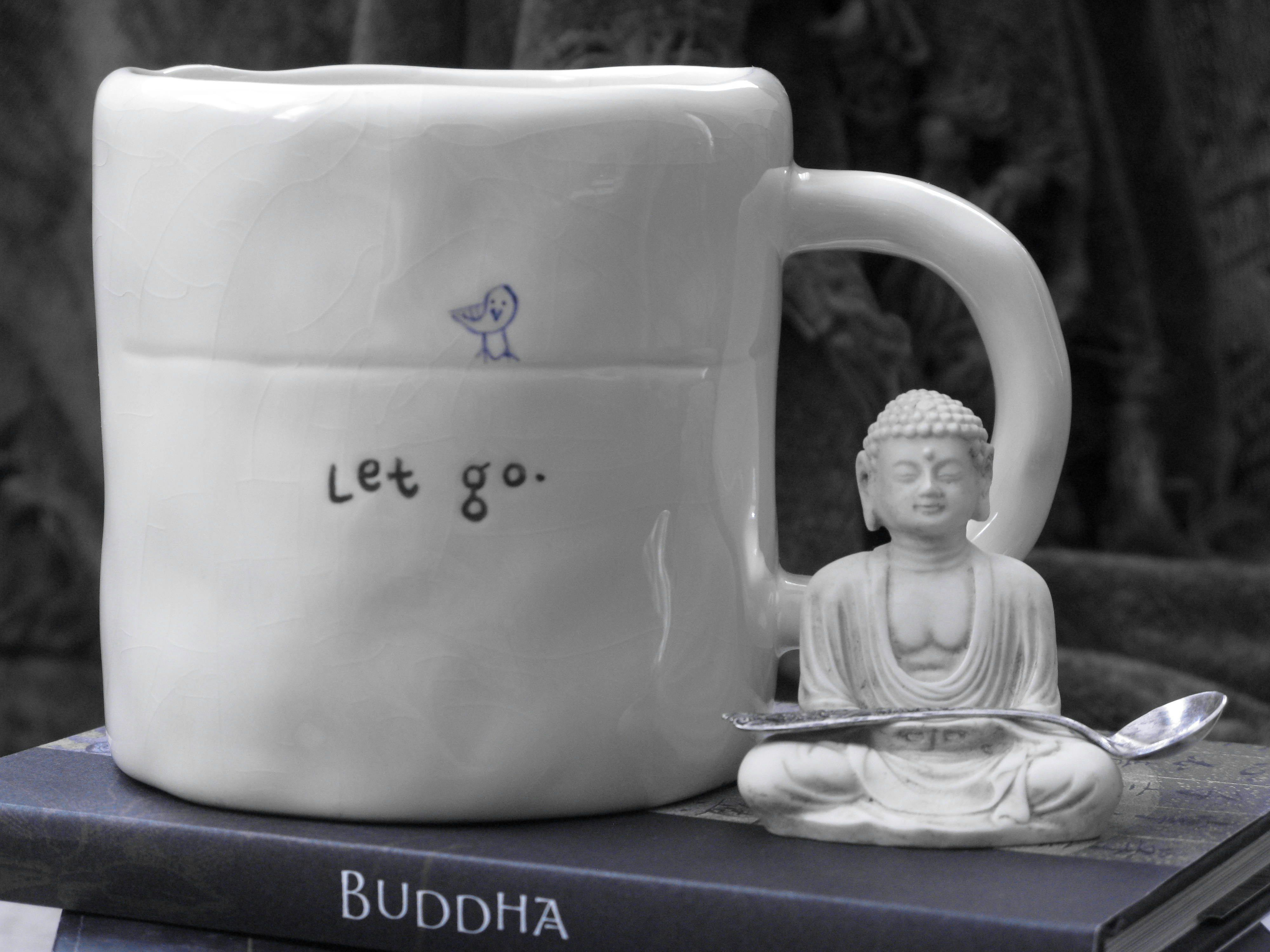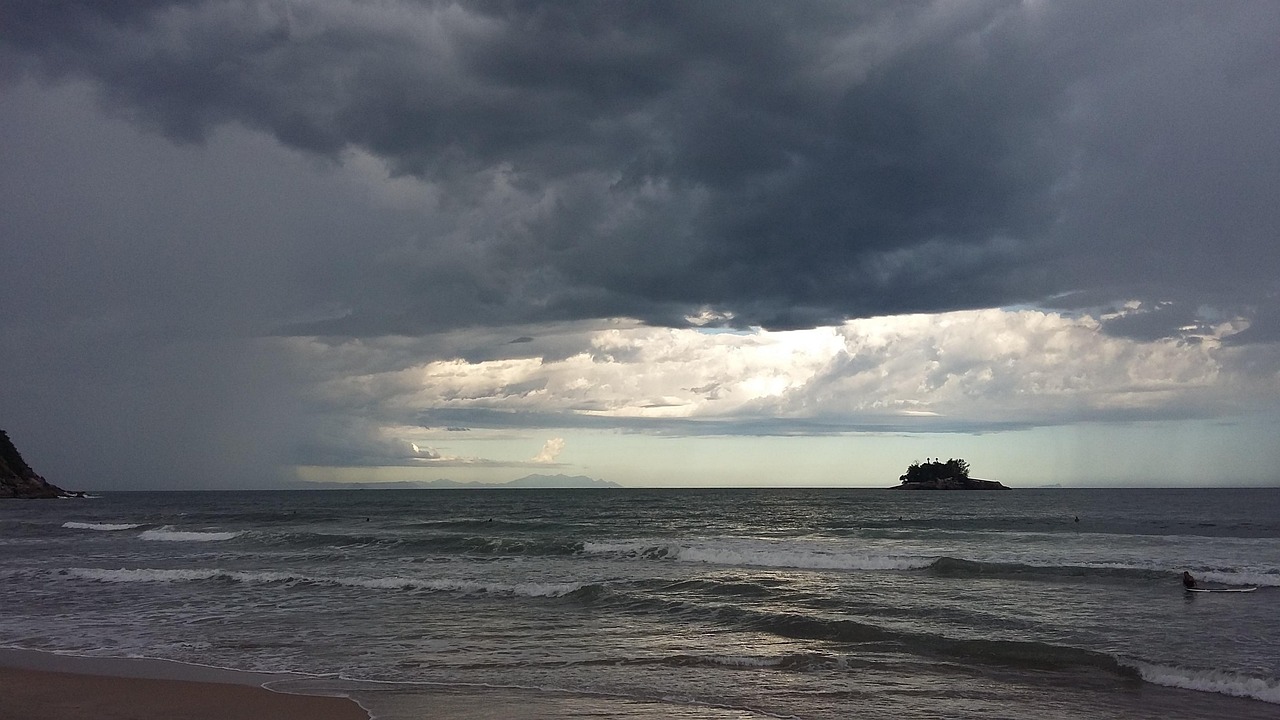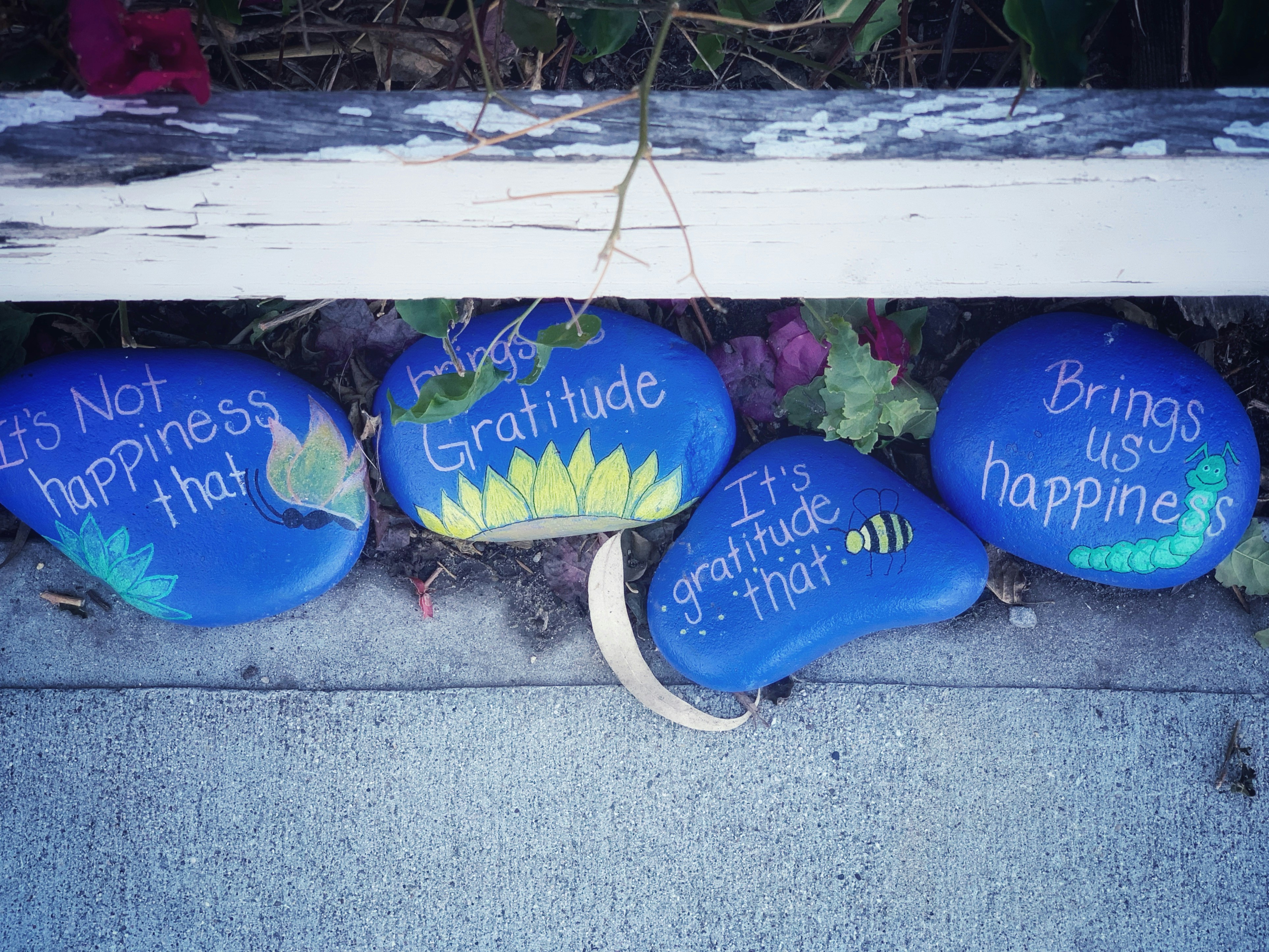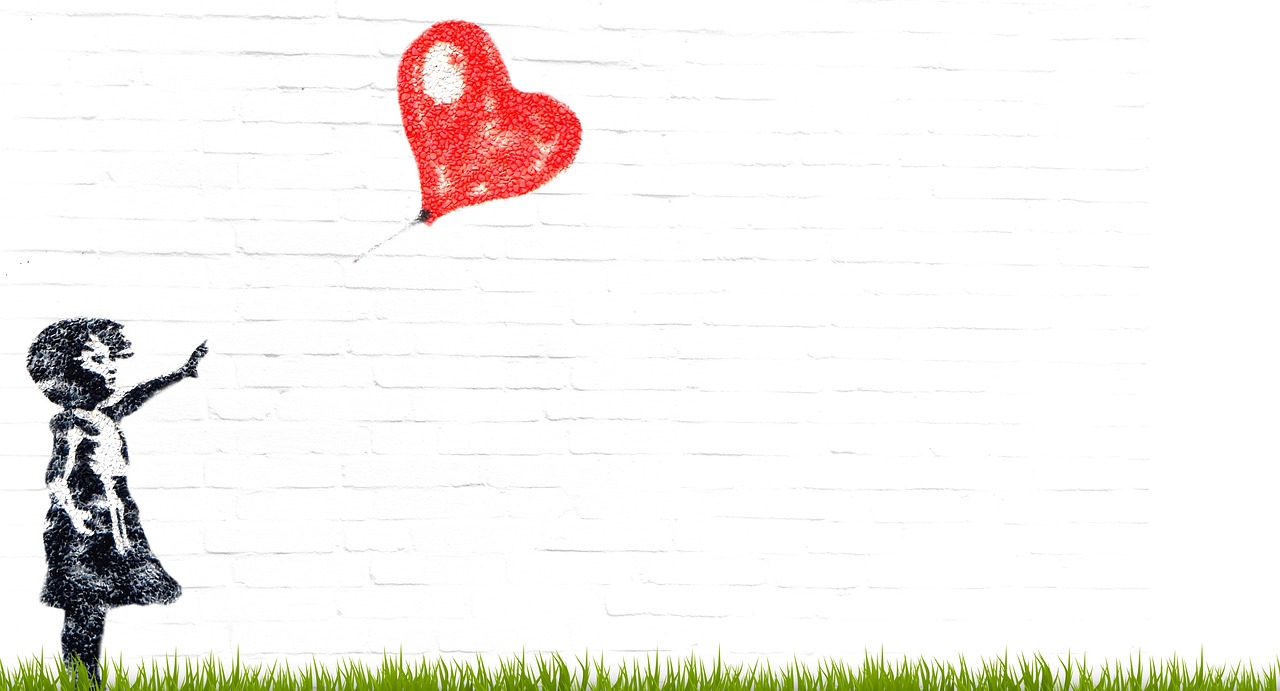
Summer. That magical sliver of the year we spend months yearning for—especially if, like me, you live in a climate where colder weather or winter conditions make up about 70% of the calendar and 95% of the complaining (unless you're a ski bum, like some people I know). We daydream through March and April, picturing golden sunsets, warm breezes, and lazy afternoons filled with the smell of barbecue and the soundtrack of cicadas. We count down to vacation time like kids opening those tiny doors on advent calendars. And when it finally arrives? Sometimes... it lets us down.

I don’t mean that summer doesn’t show up. The calendar doesn’t lie. But the experience of summer—the vacation, the connections, the “memories in the making”—doesn’t always unfold quite the way we imagined. Maybe it rains. Maybe someone gets sick. Maybe the Airbnb has an ant infestation, and “cozy” turns out to mean “there’s no door on the bathroom.”
And in those moments—whether small letdowns or big emotional crashes—we’re often left grappling with a strange combination of guilt, disappointment, and pressure to enjoy ourselves. After all, isn’t this what we were waiting for?
So, how do we navigate the highs and lows of a season so steeped in expectation? How can we stay present when time flies, and our grip on joy feels slippery? As both a psychologist and a very human person who has definitely sulked through a few soggy barbecues and dashed expectations, I’d like to offer some reflections—rooted in mindfulness, Buddhist philosophy, and plain old life experience.
Understanding the pressure to enjoy every moment
Let’s start with expectations. Summer, particularly vacation time, arrives carrying the weight of anticipation: time off, reconnection, family fun, rest, maybe even transformation. We invest our money, our energy, and our emotional hopes into the idea of these few sacred weeks or weekends going just right.

But that’s a lot of pressure for one little season.
It’s natural to dream and to plan—it’s what gives us something to look forward to. But our minds have a sneaky way of inflating those dreams into something a little unmanageable. The fantasy becomes idealized: flawless weather, peaceful family time, meaningful memories. And while those things can happen, they’re rarely immune to the regular unpredictabilities of life: bad moods, miscommunication, long lineups, poor planning, flight delays, and, of course, rain.

When the gap between what we hoped for (we didn't take enough pictures!!) and what actually happened grows wide, the emotional fallout can feel disproportionate. We might feel frustrated, resentful, or even embarrassed by our disappointment. “It’s just a vacation—why am I so upset?” we ask ourselves.
Well, because hope is vulnerable. Because we were longing for rest, or connection, or ease—and when that doesn’t arrive the way we’d hoped, it touches a tender spot.
And that’s where mindfulness, and a gentle dose of Buddhist wisdom, can offer a life raft.
One of the core teachings in Buddhism is the principle of anicca, or impermanence. Everything changes. Nothing stays the same—not our moods, not the weather, not the vacation, not even our tan lines. This idea isn’t meant to be depressing; on the contrary, it’s a powerful invitation to live more fully.
When we understand that every moment is temporary, we become more present to it—because we know it won’t last. This applies just as much to joy as to discomfort.
So when we’re having a good moment—a perfect swim, a shared laugh, a popsicle or perfect marguerita on the dock—we can practice truly being there. Feeling the sun on our skin, hearing the splash of water, tasting the sugar or..... lime (haha). Not rushing to document it for Instagram. Not thinking about how many days are left. Just—this.

And when things are less than ideal—your partner forgot the cooler, the kids are bickering, or you’re nursing a wicked sunburn—we can remind ourselves: this, too, will pass (one of my mother's favourite expressions).
The discomfort, the conflict, the let-down... it’s all part of the full experience. Summer isn’t supposed to be a highlight reel. It’s life, just dressed in shorts.
In Buddhist psychology, suffering often stems from tanha—craving, grasping, clinging. We want things to be a certain way, and we resist anything that doesn’t fit that picture. Sound familiar? She Let Go is a powerful poem by Safire Rose that speaks to this.
We cling to the idea of the perfect vacation, the perfect family moment, the perfect sunset. And when reality throws us a curveball, we feel robbed.
But what if we could loosen our grip? Not give up hope or abandon joy—but soften our attachment to things going exactly the way we imagined?
This is the practice of non-grasping. It means showing up for life as it is—not as we wish it would be. It’s a radical act of acceptance. And it’s not always easy. I say this as someone who has wasted entire afternoons feeling bitter because “this isn’t how it was supposed to go.” (Yes, even psychologists have tantrums. We just call them “affective dysregulation.”)
Non-grasping doesn’t mean we stop caring. It means we stop trying to wrestle joy into submission. We stop chasing a picture in our heads and start appreciating the reality in front of us—even when it’s messy. Another of my favourite poems that speaks to this is Allow, by Danna Faulds.
Mindfulness, at its heart, is the practice of paying attention to the present moment with openness and curiosity. Noticing what is happening—inside and out—without judging it.
Mindfulness isn’t just meditation—it’s about being present with your moment-to-moment experience. Whether you’re watching a sunset, wiping melted ice cream off your shirt, or calming your nerves after a travel mishap, these mindfulness tips will help you stay grounded and grateful.

Mindfulness doesn’t require incense or silence. On vacation, it might look like:
The magic of mindfulness isn’t that it fixes things. It’s that it lets us be with things, just as they are. It invites us to be present for the whole experience—not just the shiny parts.
And it helps us remember: presence is what turns a moment into a memory.

It’s okay to feel disappointed when things don’t go to plan. That doesn’t make you ungrateful—it makes you human. You can be grateful and disappointed. You can appreciate your time off and feel frustrated that things didn’t go as planned. Learning how to practice both self-compassion and gratitude without minimizing your feelings or shaming yourself into forced, artificial positivity takes practice.
There’s a fine line between gratitude and guilt. You know the script: You should be grateful. At least you got a vacation. Some people can’t afford time off. And while those statements might be true, they can also feel like emotional silencing.
Self-compassion means offering yourself kindness in that discomfort. “This is hard, and it makes sense that I feel this way.”
Don’t push gratitude. Let it arise organically, like the sun breaking through clouds.
Real gratitude is about widening our lens. Instead of focusing solely on what went wrong, we gently turn our attention to what also went right.

That might be a quiet morning coffee. The hummingbirds chasing each other! A good book. A belly laugh. A long nap. The moment your child finally fell asleep in the car and you got 10 blessed minutes of silence.
These aren’t consolation prizes. They’re part of the tapestry.
Gratitude doesn’t erase disappointment. But it sits beside it. It says: Yes, this was hard. And also—there were moments of sweetness.
Not sure how to bring mindfulness into your summer vacation? Here are five short, practical strategies to help you stay connected to the present moment—no yoga mat or retreat centre required.
So if your vacation is less “blissful escape” and more “beautiful mess,” you’re not doing it wrong. You’re just living it—fully, honestly, imperfectly. That’s what mindfulness is all about.
Presence doesn’t depend on perfection. And joy doesn’t require everything to go your way.
Summer, like all good things, ends. So do vacations, popsicles, bonfires, and sandcastles. We can mourn that, or we can let it deepen our appreciation.

Impermanence doesn’t mean we love things less. It means we love them more fully. Because we know we don’t get to keep them.
So the next time the weather turns, or the plan unravels, or you find yourself sighing at yet another miscommunication over who was supposed to pack the sunscreen—pause.
Take a breath. Notice what’s still here. Let go, just a little. Smile, if you can. Laugh, if you must.
And be here, now. Even in the rain. Maybe especially in the rain.
Looking for support? Struggling with stress or unmet expections? I invite you to book a free Discovery Call to see if I could be of help.
If you enjoyed this post, you may also appreciate the following readings and videos/podcasts:
